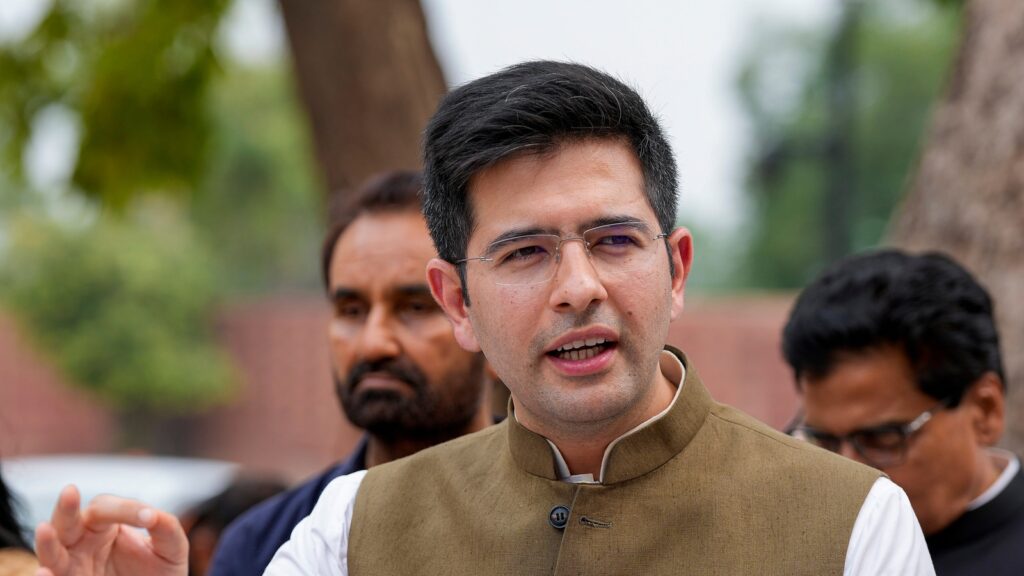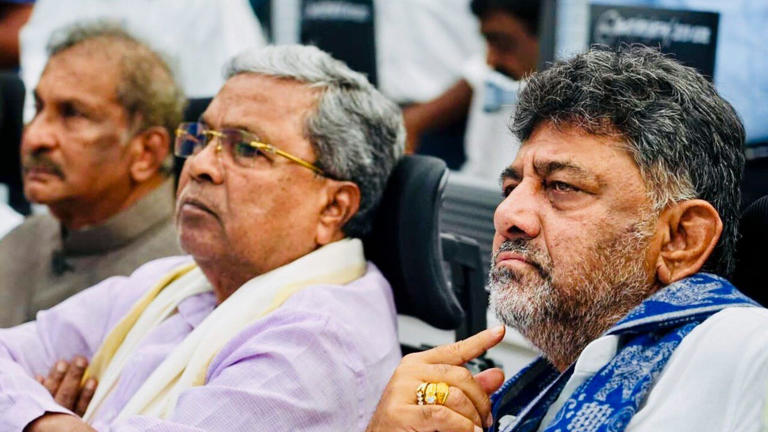Why Is Raghav Chadha Speaking Out on Trump’s Harvard Ban?
Aam Aadmi Party (AAP) MP Raghav Chadha, a Harvard alumnus, issued a strong condemnation of the Trump administration’s decision to bar Harvard University from enrolling international students. The US government’s move to revoke Harvard’s SEVP (Student and Exchange Visitor Program) certification sent shockwaves through global academic circles.
Chadha, who took to social media wearing a Harvard T-shirt as a symbol of solidarity, called the move a “threat to the dreams and futures of international students” and emphasized the need to defend academic freedom and global collaboration. His remarks align with Harvard’s own legal and moral pushback against what it views as politically motivated retaliation by the White House.
What Did Raghav Chadha Say and Why Does It Matter?
Raghav Chadha’s response was pointed and emotional. He described the Trump administration’s action as an attack on internationalism and educational liberty, writing:
“President Trump’s recent move threatens the dreams and futures of international students at Harvard and beyond… I stand with @Harvard and all international students whose dreams and futures are under threat.”
President Trump’s recent move threatens the dreams and futures of international students at Harvard and beyond. As a proud member of the Harvard community, I wear my colours to show support for inclusion and academic freedom. I stand with @Harvard and all international students… pic.twitter.com/DCPS6yr227
— Raghav Chadha (@raghav_chadha) May 23, 2025
His statement carries weight for several reasons. First, Chadha is a recognized political voice in India and one of its most visible young MPs. Second, as a Harvard graduate, his opinion directly reflects the concerns of thousands of Indian and global students affected by the ban. Finally, his stance highlights a broader geopolitical backlash to what many see as rising academic isolationism in U.S. policy under Trump’s second term.
By openly criticizing the Trump administration, Chadha adds to a growing list of public figures and policymakers around the world challenging the targeting of international students—a demographic that forms the backbone of the U.S. research and innovation ecosystem.
What Is the Ban, and Why Is It So Controversial?
The Trump administration revoked Harvard’s SEVP certification, effectively removing its ability to sponsor F- and J-visas for the 2025–26 academic year. The White House cited concerns over campus safety, antisemitism, and alleged ties to foreign entities, branding the university as a “hotbed of anti-American, anti-Semitic, pro-terrorist agitators.” The administration also claimed that “enrolling foreign students is a privilege, not a right.”
Critics—including Harvard—argue that this is unconstitutional retaliation, especially since the university reportedly refused to comply with certain federal policy directives. In response, Harvard filed a legal complaint, seeking a temporary restraining order to reverse the decision.
The move has left thousands of international students in limbo, including many from India, China, and Europe. With Harvard’s global reputation and diversity central to its mission, the case has escalated into a larger battle over academic independence vs. state interference.
Raghav Chadha’s firm stand with Harvard represents a broader call for preserving academic freedom, global mobility, and the rights of international students. His statement adds political and moral pressure to a legal fight already shaping the future of global education in the United States. As the legal case unfolds, this moment underscores just how deeply interconnected education, diplomacy, and civil liberties have become in a polarized world.





















